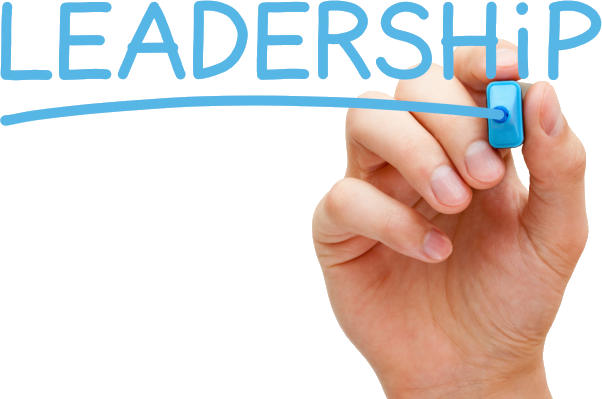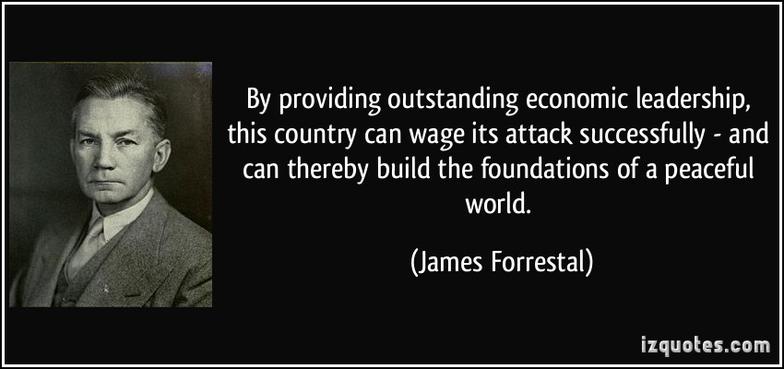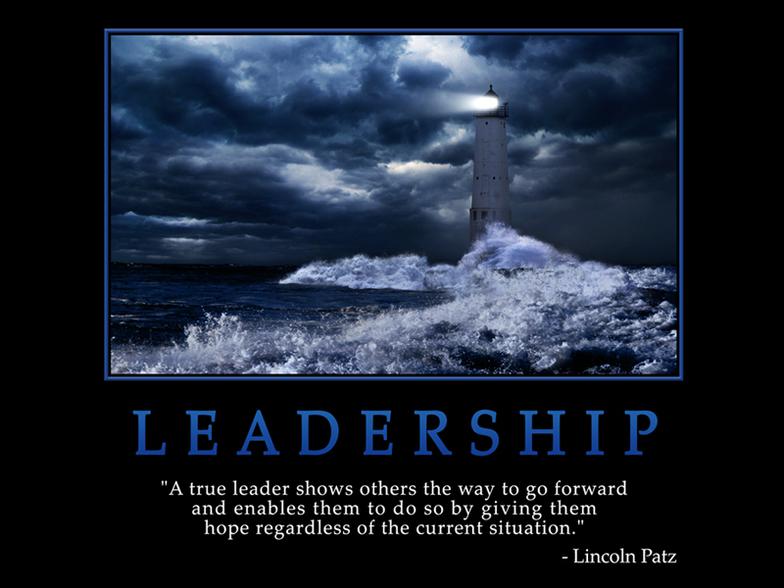LeadershipAdvisoryCouncil.com
"Leadership That Matters" Issues - Strategies - Solutions
ECONOMIC LEADERSHIP
THE ROLE PSYCHOLOGY PLAYS IN LEADERSHIP
By Jeff Evans
Understanding the nuances of psychology is an invaluable business coaching skill for today’s leaders. Though many of us lack the formal training to use psychology to address genuine mental health concerns, a bit of basic psychology can be helpful in dealing with followers and employees. It is often key to unlocking their potential.
Psych 101
Psychology is the study of the human mind. By considering the psychology of your followers, you can provide the business coaching they need to achieve results you want. Your goal is not to manipulate them, but to recognize in yourself and them the pillars of leadership psychology:
Positive characteristics, such as motivation, passion, confidence, courage and pride
Negative characteristics, such as anxiety, fear, uncertainty, egotism and self-doubt
Goals, such as avoidance, attention, recognition, and security
In any climate — business, religious, social, educational — people are ruled by their own motivations and fears. They have goals common to the group and unique to themselves. Your job isn't to erase the unique goals of every employee, but to help the common goal resonate within everyone.
Positive Is Powerful
Dr. Alan Lickerman, M.D., points out some positive psychological traits to foster within yourself and project to others through business coaching:
•Be confident
•Allow others to disagree with you
•Mentor others
•Assert your expertise — Compare “Fourth quarter sales are down 13 percent because clients are using up existing inventory” with, “I’m sorry, but if it’s not a bother perhaps we could look at how much the sales are down and sort of find out why?”
•Have a strong vision you can articulate
•Show compassion for your followers
Like all good attributes, these positive traits are contagious. You'll see them reflected back in your followers when you radiate them outward.
Negative Has Value
As powerful as positive motivations are for driving human psyches, negative characteristics increase survival. Only when you let the negatives overwhelm and immobilize you will you suffer. Respect and understand the psychology of negatives,says Jason Shah, founder and CEO of Do.com:
•Fear — Use past experiences and mindfulness to combat fear
•Anxiety — Fear is a momentary reaction; anxiety is a pervasive worry that hampers creativity and action
•Uncertainty — Uncertainty is the reason casinos exist and are so popular; we humans like a degree of uncertainty, but we cannot allow it to stifle innovation
Balance
The core of helpful business coaching is to get your team to see balance between the positive and negative characteristics, then direct that balanced approach toward common goals. The goals need to meld individual ambitions with your vision, yourdirection for your company.
Having a basic understanding of the goals within your employees or followers can help you unlock their strengths. This team member consciously avoids attention, while that employee thrives on praise. This follower loves risky ventures while that manager seeks the security of a predictable outcome.
If you first acknowledge that you are an amateur psychologist and will do no harm, you can tap the tools of psychology to strengthen your leadership.
Economic Leadership Styles
He thought being a leader would be a satisfying job, but he's struggling to keep his head above water. Not everyone is equipped to be a good leader and not all leaders use the same style. The best leaders have insight, imagination, willingness to learn on the job, and enough flexibility to make course corrections.
Leadership Styles
If raised in the 40's and 50's in the "Leave it to Beaver" world, we understood, trusted and felt secure within a hierarchical system respecting the police, our parents and teachers and certainly the Vice Principle, known for discipline. The leadership style was like the element of Earth -- solid, grounded, concrete, stable and designed to maintain the status quo which generated little dynamism and change.
The 60's and 70's brought flower children, Maggie Trudeau and the Rolling Stones. The world moved from Earth to Water which created instability as we explored "who we were." The Water element style was expressed by Pierre Trudeau pirouetting behind the Queen and his famous "just watch me" phrase. We tested the waters through whole person workshops and alternative lifestyles.
With the 80's, 90's and moving into the 2000's came the Fire element leadership style which heated things up as we went from "how do we feel" to "get out of my way." We didn't think the rules applied to us as we ran traffic lights in our need to be the first and the fastest. We became ego-centric and the principle of "I" as opposed to the previous "Me" generation took over. We didn't care how our greed impacted the rest of the world. We consumed.
Now well into the 2000's with the "new normal" and the Air leadership style demonstrated by Barack Obama, we see him applying a vision of interdependency while dialoguing, listening, and responding to the world's tensions. The Toronto Star stated on January 20th, that "Obama is a welcome change from the George W. Bush era of market irresponsibility, unjustified war, lack of regard for allies, and disrespect for international law."
And the Huffington Post, January 21st, wrote "since there is no other job that prepares you to be president, the best presidents are the ones with the ability to learn on the job and the willingness to course-correct. First, the Obama White House has to admit it is heading in the wrong direction. Then it needs to bring all hands on deck, toss overboard a few who currently have their hands on the wheel -- and turn hard to change course."
Which leadership style is needed in today's economic times?
Although an Earth status quo style ensures the economic system is stable, there is little dynamism and conservation of resources drives decisions. In this style, we don't question the system because we dependent on it for our survival and safety.
The Water style allows for freedom of expression, recognition of feelings, is all-inclusive and always changing. Resources are explored, connected, used, and replenished, however, not always efficiently. We are still dependent on the economic system but we question it and point out its faults as we learn that we can't throw the whole system over just because it isn't perfect.
The Fire style is forceful and driven by those who are the most powerful as they use resources in any way that suits them. Paying little attention to replenishing those resources, Fire uses the market place for personal gains. Here we begin to move into independent behaviours with little regard for the whole economic system.
The Air style understands that when one part of the economic system is affected, the whole system is affected. Interdependency is recognized and the good use of resources is required to have a sustainable future. It is inclusive, future-oriented and strives for high standards of operating applying both insight and imagination.
Leadership styles can teach us how to survive, sustain, and strive.
--From Earth, we learn that although management of resources is necessary, management is about controlling while leadership is flexible. Flexibility allows the leader to respond to change.
--From Water we take individual relationships and see them as links in a chain that affect the whole as people's feedback to leaders help them understand the impact of their decisions on human capital.
--From Fire we use personal motivation as a force to help others achieve as nothing motivates more than need satisfaction. From Fire we also learn to deal with confrontation and encouraging differences to be expressed because challenging ideas is how we grow.
--And from Air, leadership qualities required in today's economy with its diverse expressions are insight, defined as mental penetration; and imagination, defined as the faculty of making mental images.
No longer using Earth's status quo or Water's touchy feely or Fire's shooting from the hip styles, today's leaders must provide intelligent, creative ways to drive the economy while creating a sustainable future. A good leader must have the courage to admit when heading off course and the strength to keep his/her hands on the wheel making course corrections as required.













